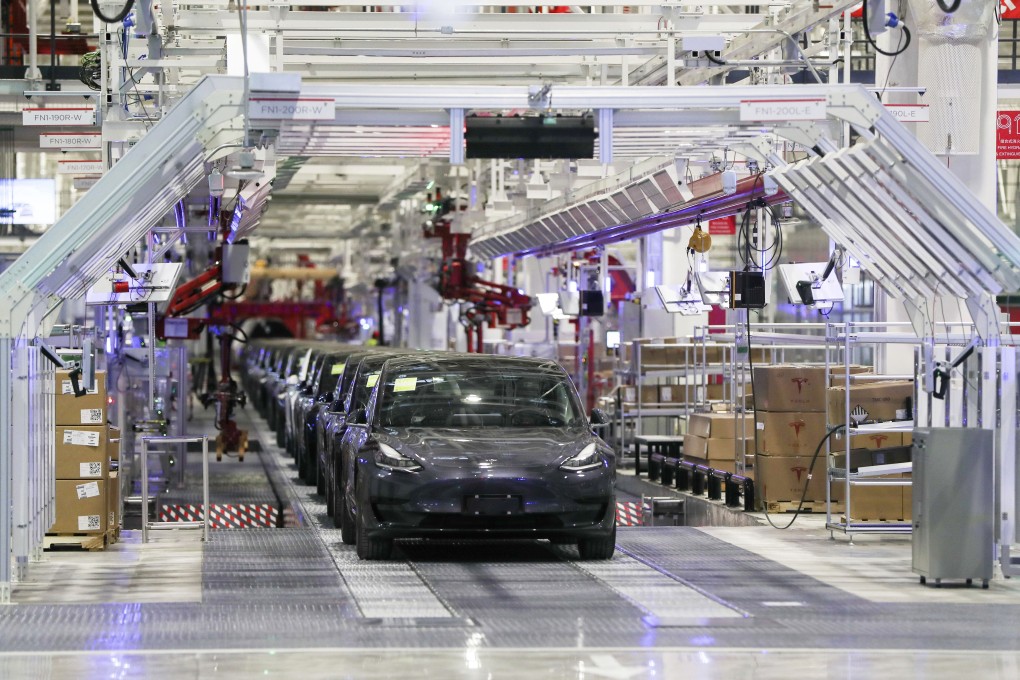China’s updated Anti-monopoly Law aimed at further protecting foreign firms criticised for not doing enough
- Amendments to China’s Anti-monopoly Law, which are under public review this month, include increasing penalties and obliging police to assist with investigations
- China has been accused, particularity by the United States, of not protecting the interests of overseas firms while favouring state-owned enterprises

China’s proposal to amend its Anti-monopoly Law is aimed at creating a better business environment for private and foreign businesses, but critics say weak and nontransparent enforcement remain a key issue.
The amendments, which are under public review during January, include imposing an obligation on China’s police to assist in antitrust investigations, while also increasing the penalty for failing to report a merger for review from a maximum of 500,000 yuan (US$72,000) to 10 per cent of the companies’ revenue from the previous year. It also includes the setting up of a review process to prevent the government from introducing polices that restrict competition.
Amending the monopoly law, in particular, cracking down on the abuse of administrative power to eliminate or restrict competition, and increase antitrust investigations and penalties is to create fair competition in the market
“It’s more important for foreign companies because what foreign companies need most in the domestic market is a fair environment for competition and legal protection.”
Before the establishment of the State Administration for Market Regulation in March 2018, the enforcement of the law involved a complicated split between three government branches, including the Ministry of Commerce, which weakened the enforcement of the regulation that had been in place since 2008.
